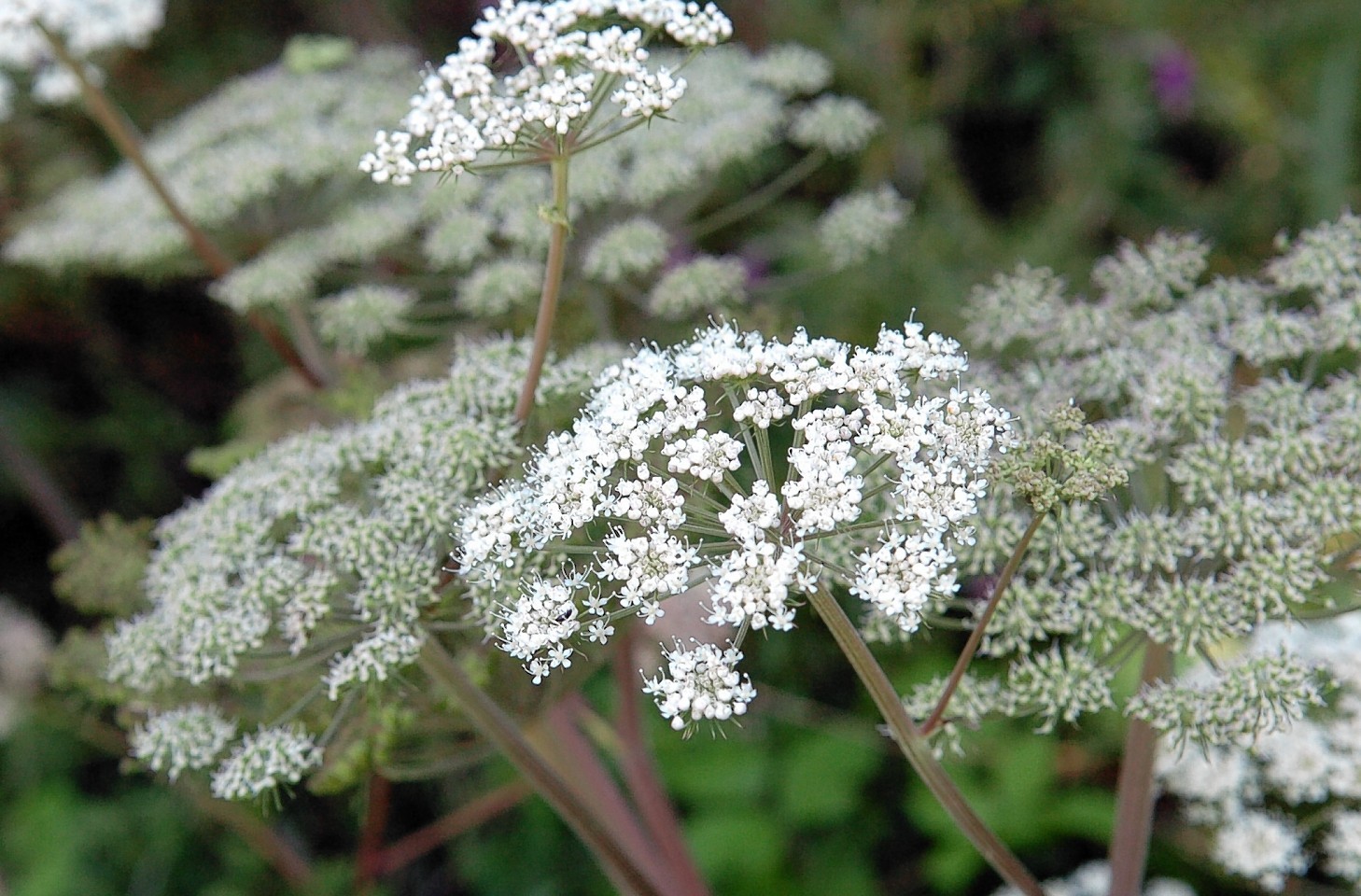Volunteers who care for three Moray Firth rivers have received a £27,000 boost in their efforts to rid the region of poisonous plants.
The Findhorn, Nairn and Lossie Fisheries Trust (FNLFT) has secured hefty donations from grant bodies eager to support their efforts to control Giant Hogweed and Japanese Knotweed.
The group began targeting invasive plants along the expanses five years ago, and says its top priorities are restoring biodiversity along the scenic waterways, and making them safer for visitors to enjoy.
The chief pledge came courtesy of the Sita Trust, an independent funding organisation dedicated to improving the environment.
The charity has ploughed £19,053 into the quest to remove the plants from the banks of the rivers Lossie and Findhorn.
FNLFT teams will use the cash to employ contractors to combat “severe infestations” of the toxic plants at local beauty spots.
Trust chairman Mark Laing said the work would represent a “significant step” in its battle against the growths.
Mr Laing said: “We are delighted that this funding will enable us to take a significant step towards controlling these damaging non-native species on our riverbanks.
“Our native birds, plants and aquatic life will benefit greatly from this work.
“And it will also improve access to the riverbanks and make them a safer and more enjoyable place for people to walk.”
Marianne Irvine, of the Sita Trust, added: “These volunteers have made some fantastic progress so far, and it is clear how important continuing this control project is.”
The FNLFT secured a grant of £6,829 from the Postcode Local Trust, which is funded by players of the People’s Postcode Lottery.
The group will use that sum to train and equip environmental community groups in Forres to deal with the plants along the River Findhorn through the town.
The group will buy special herbicide spray and then train eager environmentalists on how to use it.
A further donation of £1,100 was awarded by the Berry Burn Community Wind Farm.
Giant hogweed can cause serious chemical burns if touched, and activists say the plants are a hazard to the anglers and walkers who visit Moray.
The FNLFT is working to prevent the plants from spreading, and to ensure the return of natural vegetation to the areas blighted by them.
